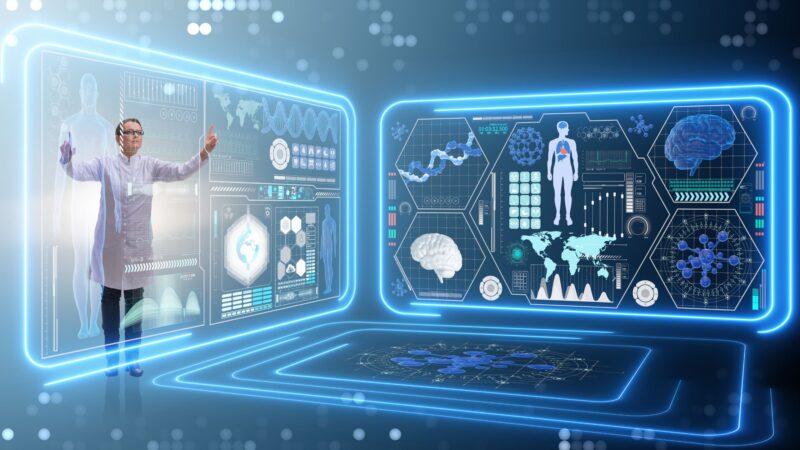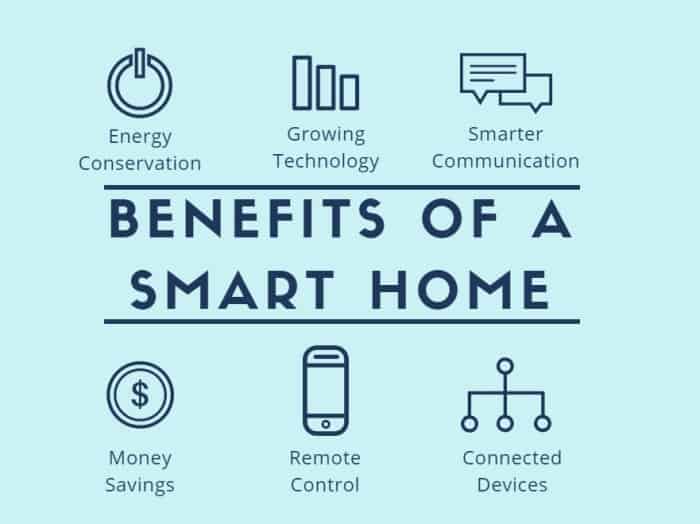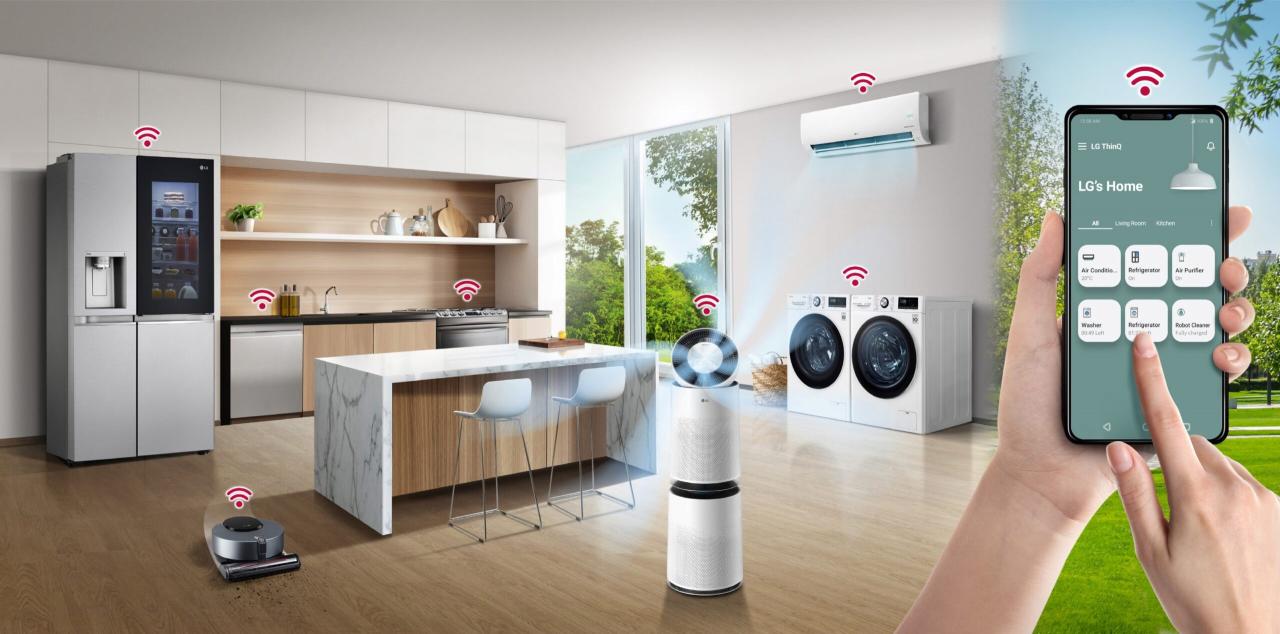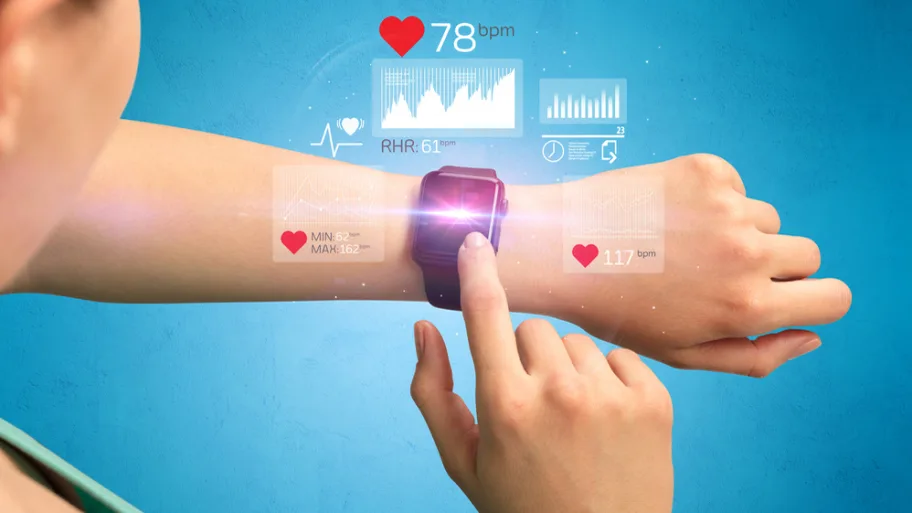Smart healthcare solutions are paving the way for a new era in the industry, combining technology and healthcare to enhance patient care and streamline processes.
From improving patient outcomes to revolutionizing traditional healthcare systems, these innovative solutions are reshaping the landscape of healthcare as we know it.
Definition of Smart Healthcare Solutions
Smart healthcare solutions encompass the integration of advanced technology into the healthcare industry to improve patient care, streamline processes, and enhance overall efficiency. These solutions utilize tools like artificial intelligence, Internet of Things (IoT), data analytics, and telemedicine to provide personalized and effective healthcare services.
Revolutionizing the Industry
Smart healthcare solutions are revolutionizing the industry by enabling remote monitoring of patients, predictive analytics for early disease detection, and telemedicine consultations. These technologies make healthcare more accessible, cost-effective, and patient-centered.
- Remote Patient Monitoring: Smart devices and wearables allow healthcare providers to monitor patients’ vital signs and health metrics remotely, enabling proactive interventions and personalized care.
- Predictive Analytics: Advanced data analytics algorithms can analyze large datasets to identify patterns and trends, predicting disease outbreaks, patient outcomes, and treatment responses.
- Telemedicine: Virtual consultations and remote healthcare services connect patients with healthcare providers from anywhere, improving access to medical care and reducing unnecessary hospital visits.
Smart healthcare solutions empower patients to take control of their health and well-being by providing them with tools and resources to make informed decisions and manage chronic conditions effectively.
Benefits of Implementing Smart Healthcare Solutions
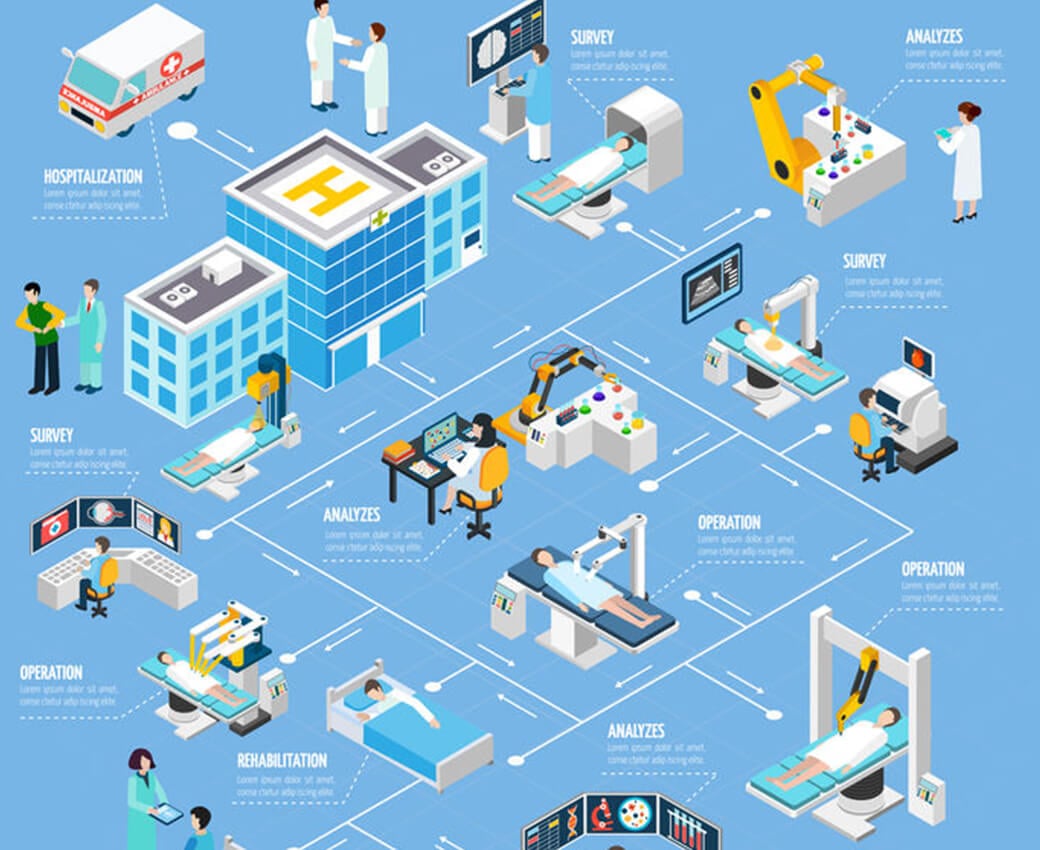
Smart healthcare solutions offer a wide range of benefits for patients, healthcare providers, and the overall healthcare system. These advancements in technology have the potential to revolutionize the way healthcare is delivered, leading to improved outcomes and experiences for all involved.
Improved Patient Outcomes
- Remote monitoring and telemedicine allow for continuous tracking of patient health data, leading to early detection of potential issues and timely interventions.
- Predictive analytics help in identifying high-risk patients and developing personalized treatment plans to prevent complications.
- Smart devices and wearables promote patient engagement and adherence to treatment regimens, resulting in better health outcomes.
Enhanced Patient Experiences
- Convenient access to healthcare services through telehealth reduces the need for in-person visits, saving time and eliminating travel-related stress for patients.
- Personalized care plans and real-time communication with healthcare providers lead to a more patient-centered approach to healthcare delivery.
- Streamlined appointment scheduling and electronic health records improve coordination of care and reduce wait times for patients.
Comparison with Traditional Healthcare Systems
- Smart healthcare solutions enable proactive and preventive care, shifting the focus from reactive treatments in traditional healthcare settings.
- Increased efficiency in data management and communication results in faster decision-making and improved care coordination among healthcare providers.
- Cost savings from reduced hospital readmissions and unnecessary tests or procedures contribute to a more sustainable healthcare system.
Technologies Driving Smart Healthcare Solutions
In the rapidly evolving landscape of healthcare, the integration of advanced technologies has revolutionized the way healthcare services are delivered. Key technologies such as IoT, AI, wearables, telemedicine, and data analytics play a pivotal role in driving smart healthcare solutions by enhancing efficiency, improving patient outcomes, and reducing healthcare costs.
Internet of Things (IoT)
IoT enables the interconnectedness of devices and sensors, allowing healthcare providers to monitor patients remotely, track vital signs in real-time, and automate processes for timely interventions. By collecting and analyzing data from various sources, IoT facilitates proactive and personalized healthcare delivery.
Artificial Intelligence (AI)
AI algorithms enable healthcare systems to process vast amounts of data quickly, identify patterns, and make accurate predictions. From diagnosing diseases to optimizing treatment plans, AI-powered systems enhance decision-making capabilities, reduce errors, and improve patient care outcomes.
Wearables
Wearable devices such as smartwatches and fitness trackers enable individuals to monitor their health metrics continuously. These devices provide valuable data to healthcare professionals, allowing for early detection of health issues, personalized interventions, and remote monitoring of patient progress.
Telemedicine
Telemedicine platforms leverage communication technologies to connect patients with healthcare providers remotely. Through virtual consultations, telemedicine enhances access to healthcare services, reduces the need for in-person visits, and improves patient convenience, especially in underserved areas.
Data Analytics, Smart healthcare solutions
Data analytics tools help healthcare organizations extract actionable insights from vast amounts of healthcare data. By analyzing patient records, treatment outcomes, and operational efficiencies, data analytics optimize resource allocation, improve care coordination, and enable evidence-based decision-making.
Data Security and Privacy
Ensuring data security and privacy is paramount in implementing smart healthcare solutions. Robust encryption protocols, access controls, and compliance with regulatory standards safeguard sensitive patient information from unauthorized access, breaches, and cyber threats, maintaining trust and confidentiality in healthcare operations.
Challenges and Considerations in Adopting Smart Healthcare Solutions
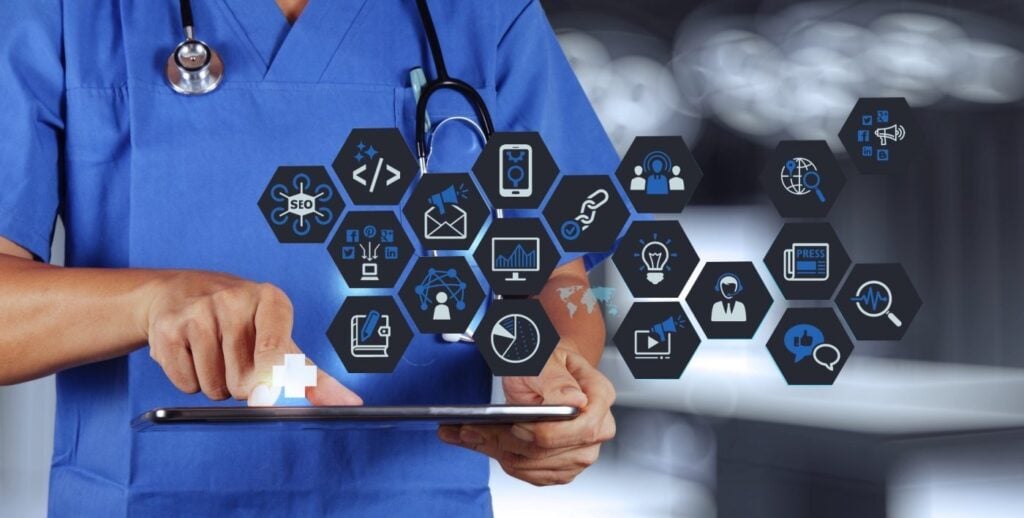
Implementing smart healthcare solutions can bring about significant benefits, but it also comes with its own set of challenges that healthcare organizations need to address. From data protection to interoperability and scalability, there are various considerations that must be taken into account to ensure successful integration.
Data Protection Concerns
Data protection is a crucial aspect of healthcare, especially with the sensitive information involved. Ensuring the security and privacy of patient data is paramount when implementing smart solutions. Healthcare organizations need to comply with regulations such as HIPAA to safeguard patient data and prevent breaches.
Interoperability Challenges
One of the biggest challenges in adopting smart healthcare solutions is achieving interoperability between different systems and devices. Ensuring that data can be seamlessly shared and accessed across various platforms is essential for providing comprehensive care and improving efficiency. Healthcare organizations need to invest in technologies that support interoperability standards like HL7 and FHIR.
Scalability Issues
Scalability is another consideration that healthcare organizations need to address when implementing smart solutions. As the volume of data continues to grow, it’s essential to have systems in place that can scale up to meet the increasing demands. Investing in cloud-based solutions and scalable infrastructure is key to ensuring that smart healthcare solutions can adapt to changing needs.
By proactively addressing these challenges and considering factors like data protection, interoperability, and scalability, healthcare organizations can successfully integrate smart healthcare solutions into their practices. Collaborating with technology partners, investing in robust security measures, and prioritizing interoperability standards are some strategies that can help overcome these challenges and drive the adoption of smart healthcare solutions for improved patient care and outcomes.
Query Resolution
How do smart healthcare solutions benefit patients?
Smart healthcare solutions improve patient outcomes by enabling personalized care and remote monitoring, leading to better health management.
What key technologies drive smart healthcare solutions?
Technologies such as IoT, AI, wearables, telemedicine, and data analytics work together to create efficient and integrated healthcare systems.
What are some common challenges in adopting smart healthcare solutions?
Challenges include data security, interoperability issues, and scalability concerns, which can be overcome with proper strategies and planning.

